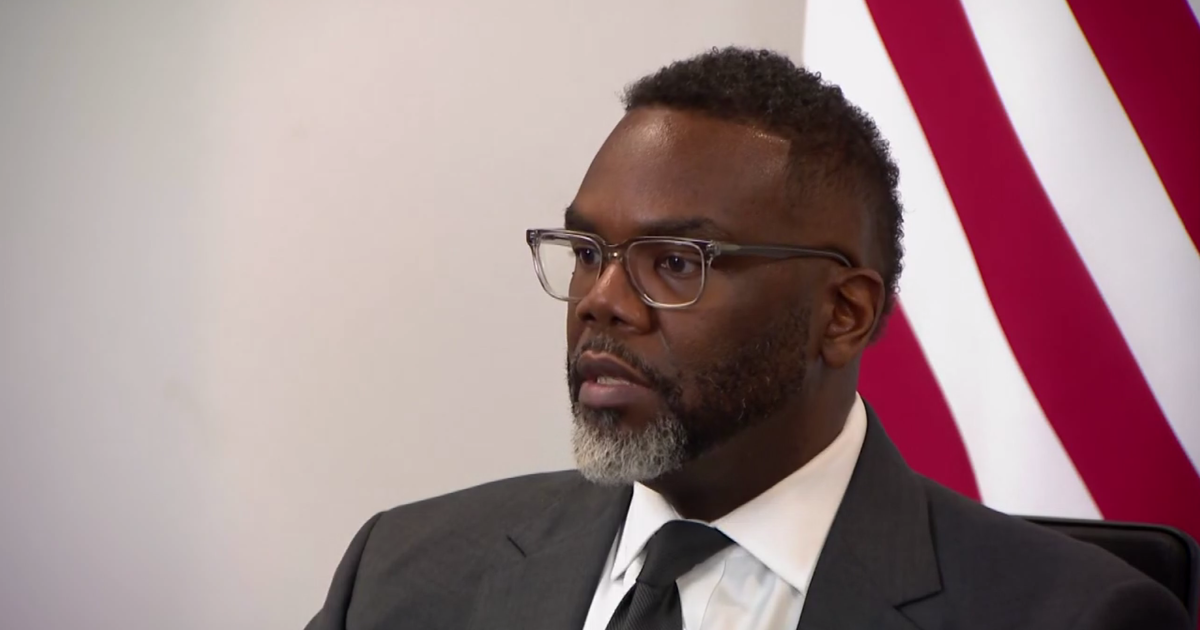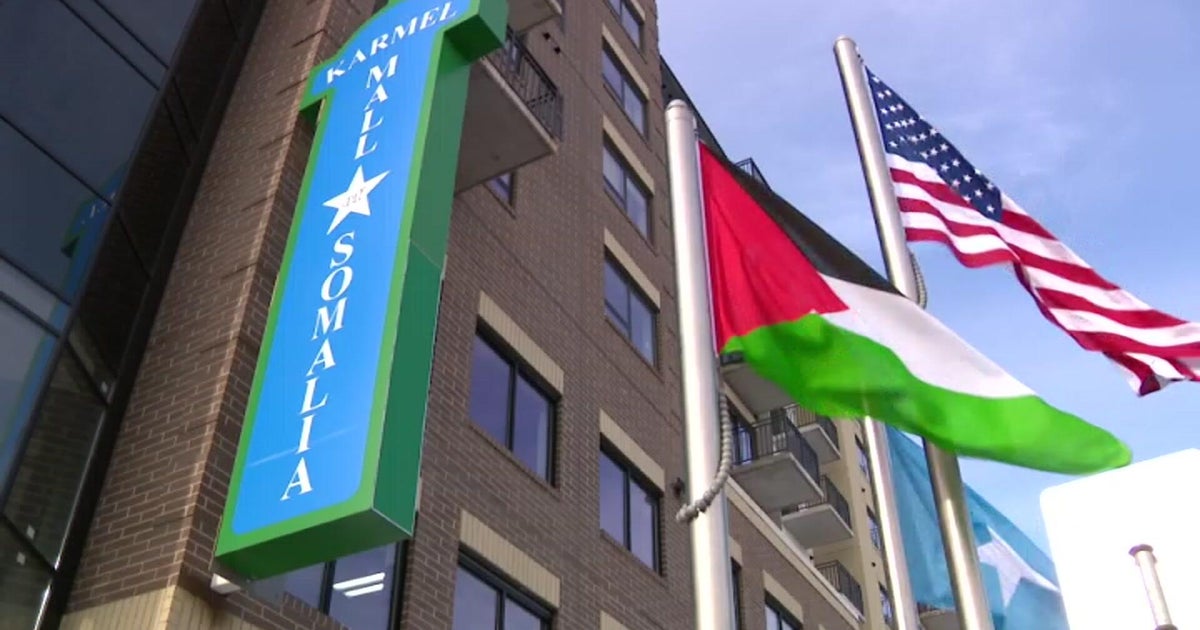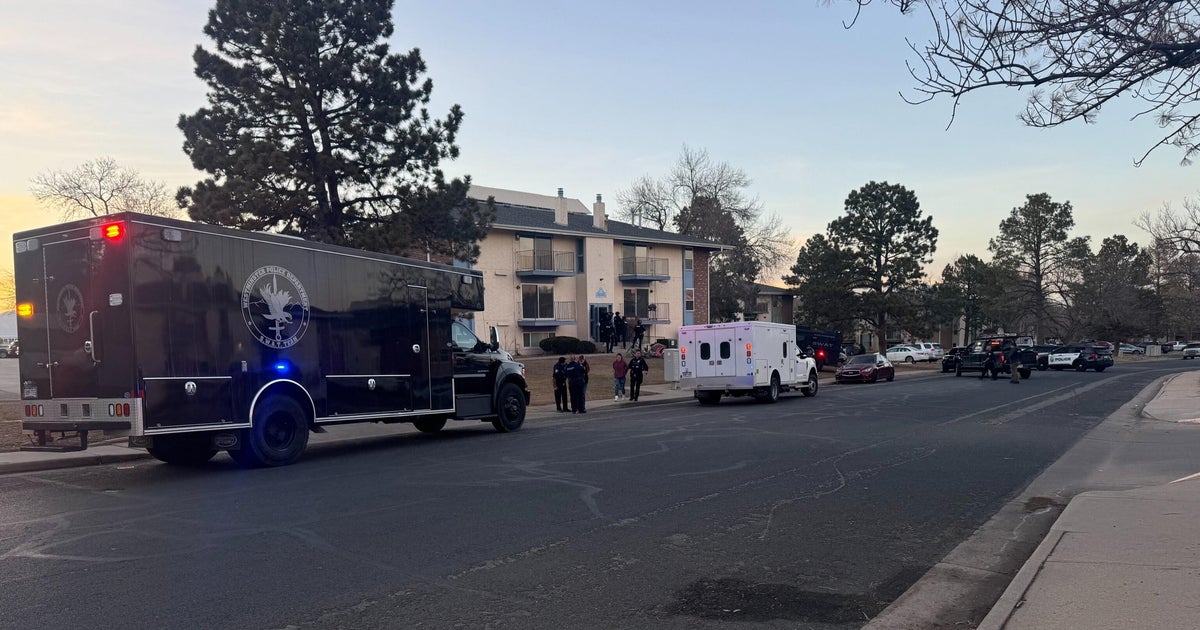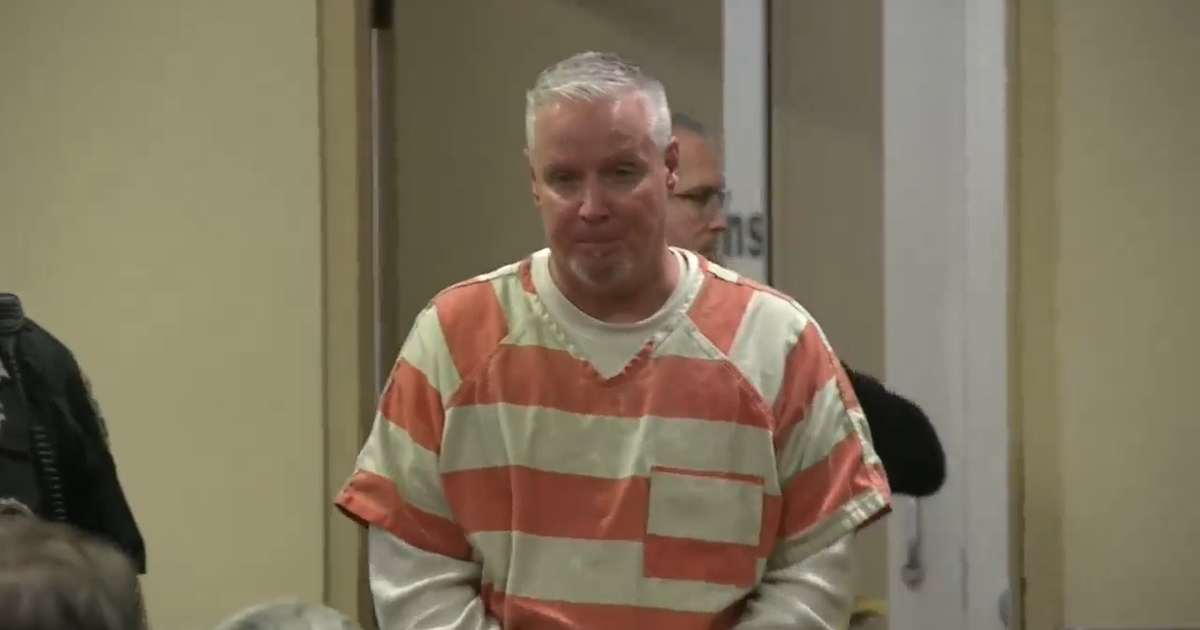Sentencing Reform Allows For Hate Crime Consideration
DENVER (CBS4)- Denver Mayor Michael Hancock signed into law on Thursday an ordinance passed by the city council earlier this week which restructures sentencing in the city.
The ordinance also puts hate crimes into the sentence consideration. It also addresses the consequences that put immigrants with a legal status, those on student and work visas, at risk for deportation for low-level crimes.
"Over the past four months, the White House has issued a series of executive orders that have exacerbated our broken immigration system and have had a real impact on our community," Mayor Hancock said. "I have heard from many who are rightfully concerned. Denver is committed to taking actions that will protect our people's rights and keep our city safe, welcoming and open. This is not about shielding violent people and I will not play political games with the safety of our community. This is about protecting the rights and livelihoods of residents in Denver. I will make every effort to take well-thought actions to protect all our people and their families – that will always include immigrants and refugees here in Denver."
The ordinance also works with the city's new system that allows people to resolve traffic tickets by mail. People will no longer need to go to court to resolve most of their traffic tickets.
"We want and need Denver residents to trust local law enforcement and our justice system – the safety of our community as a whole depends on it," said City Attorney Kristin Bronson. "The reality is that many hard-working immigrants are afraid to come to the courthouse right now but avoiding court dates, or failing to resolve tickets, is not the answer and can only exacerbate a legal situation. The new, "plea by mail" program helps alleviate the concerns of many in our immigrant community, while presenting a convenient and better system for everyone."
Additional Information by the City of Denver:
Proportionality Sentencing Reform
Reforms the city's sentencing structure to provide for fairness and proportionality in sentencing. Prior to the passage of comprehensive sentencing reform the maximum possible penalty was 365 days no matter the crime. A person could have committed a violent crime of domestic violence or been in the park after hours and received the same sentence. Under the new structure, we have the ability to prosecute violent offenders to the maximum extent allowed by state law while lowering the maximum possible penalty to 60 days for lower level offenses. The sentence now truly fits the crime. , The new sentence structure protects the community from violent offenders, while addressing jail overcrowding and crimes involving vulnerable populations like homeless and immigrants. Under the proposed sentencing structure:
- For minor crimes (urinating in public, violating park curfew, encumbrances), the maximum penalty is 60 days.
- For most crimes, such as shoplifting or trespassing, the maximum sentence is 300 days.
- For violent crimes (multiple domestic violence, sexually motivated crimes and serious bodily injury), the maximum sentence is 365 days.
Hate Crime Sentencing Enhancer
Creates Denver's first hate or bias motivated crime ordinance to address the graffiti, harassment and intimidation occurring locally. By creating a municipal level hate crime ordinance, we filled a gap that exists in state law. The city can now prosecute crimes of hate like defacement of private property which could not have been prosecuted before because of restrictions in the state hate crimes statute. The addition of a hate crime enhancer in the municipal sentencing law harmonizes city law with state law and bridge an existing prosecutorial gap at the local level.
Plea By Mail Program
Over the last few months, we have seen an increased presence of ICE agents in our courtroom. This presence strikes fear in the heart of our immigrant community. By instituting a plea by mail program it Allows people with minor traffic offenses to enter a plea by mail and never have to appear in court. It not only protects individuals from deportation but allows them to deal with their minor traffic violations so they don't grow into major legal problems like warrants being issued and enhanced costs and fines. . Moreover, the program provides efficient customer service to anyone needing to resolve a traffic ticket.
These three major actions are a result of the Hancock Administration's focused work with immigration experts both in the legal field and the immigration community as a whole.







